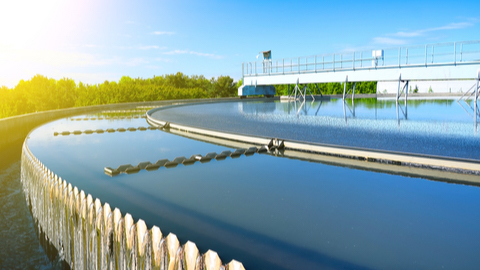
Wastewater-based epidemiology (WBE) is a technique that mines sewage samples for information about human health. It is now being developed and refined to monitor the novel coronavirus as it can potentially identify levels of coronavirus infection at both a local and global scale.
At least two groups are currently working towards this technology in the United States. Researchers at Arizona State University (ASU) have analyzed what can and cannot be measured when tracking SARS-CoV-2 in wastewater, and have highlighted the economic advantages of the new approach over conventional disease testing and epidemiological surveillance.
“Our results show that exclusive reliance on testing of individuals is too slow, cost-prohibitive and in most places, impractical, given our current testing capacity,” Rolf Halden, director of the Center for Environmental Health Engineering at the ASU Biodesign Institute, said. “However, when preceded by population-wide screening of wastewater, the task becomes less daunting and more manageable.”
“We can, in one go, monitor an entire community for presence of the new coronavirus,” co-researcher, Olga Hart said. “However, trade-offs exist. To get the best results and avoid loss of information, we want to measure close to virus hot spots and take into account wastewater temperature and dilution when estimating the number of infected cases.”
Halden stated that if this method was applied in the U.S, roughly 70% of the population could be screened for SARS-CoV-2 through monitoring the country’s 15,014 wastewater treatment plants at an estimated cost for chemical reagents of US $225,000. Their research appears in the current issue of the journal Science of the Total Environment.
GoAigua – a water technology company based in Spain – has developed a method with The Spanish National Research Council (CSIC) to analyze the spread of coronavirus through wastewater. In addition, the company is using its data platform to synthesize automatic sampling results with data from utility networks and measure the spread of COVID-19 across city districts in real-time. GoAigua will partner with several water utilities in the United States to train them on the methodology, enabling some American water utilities to become fully capable of conducting massive testing as they are in Spain, where they can process 300 tests per day.